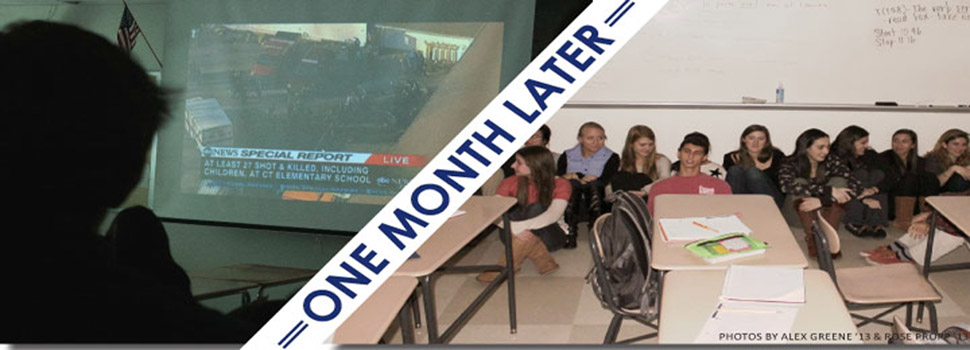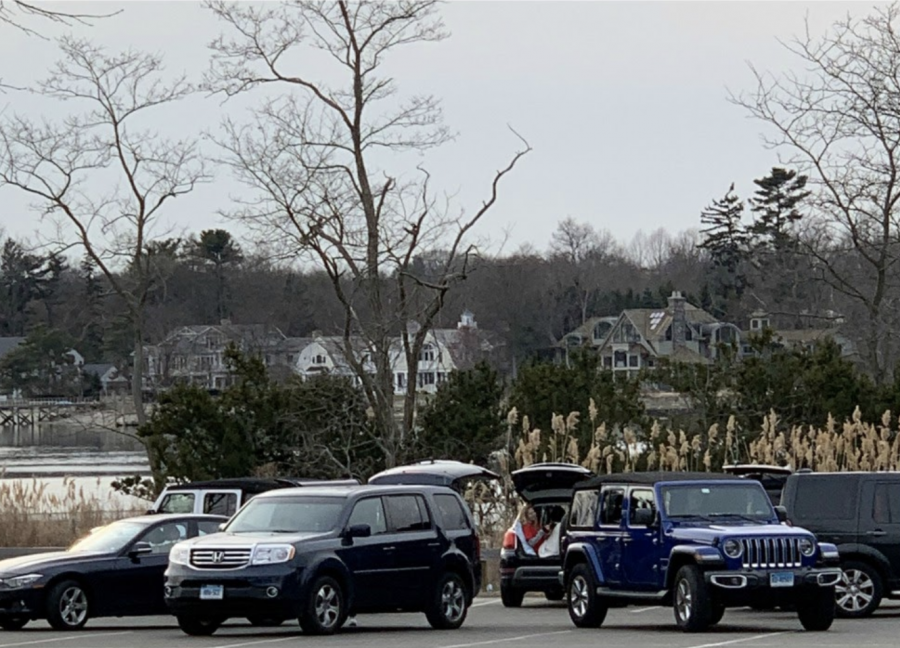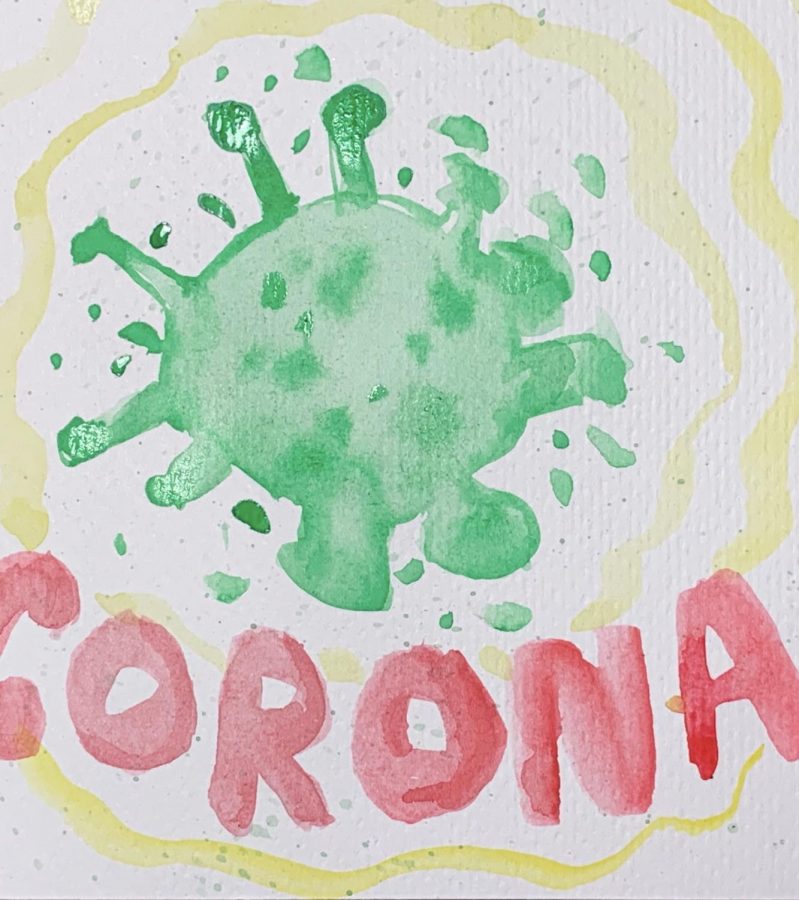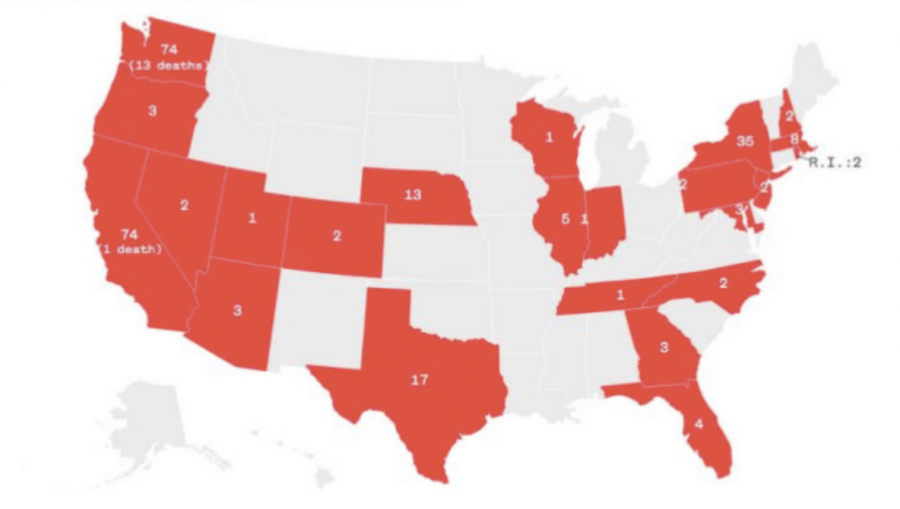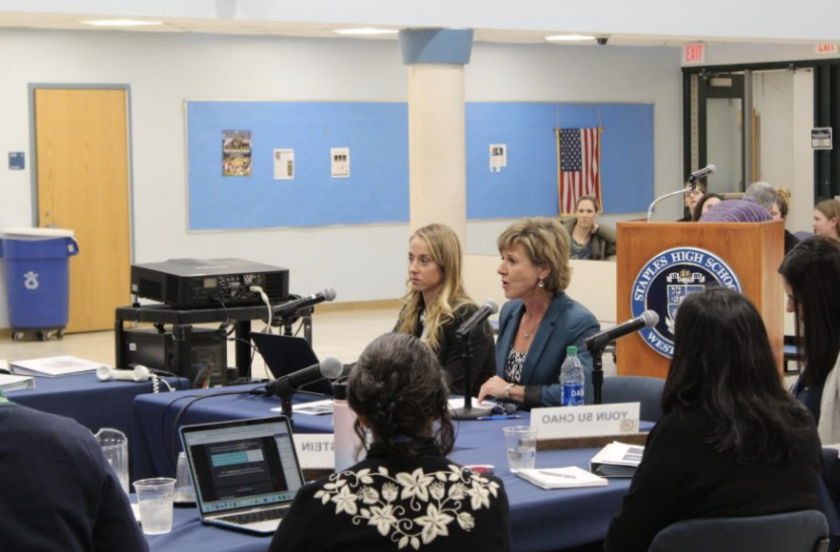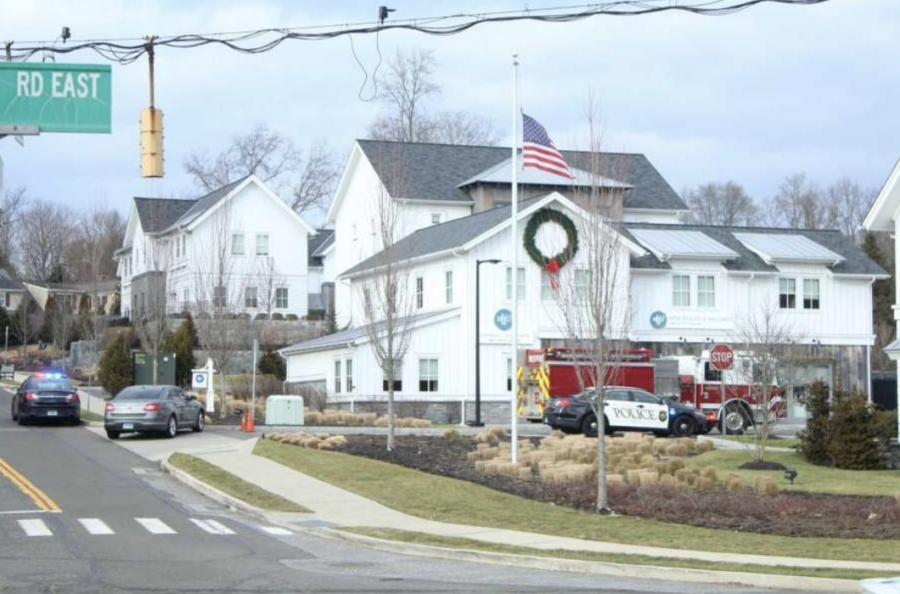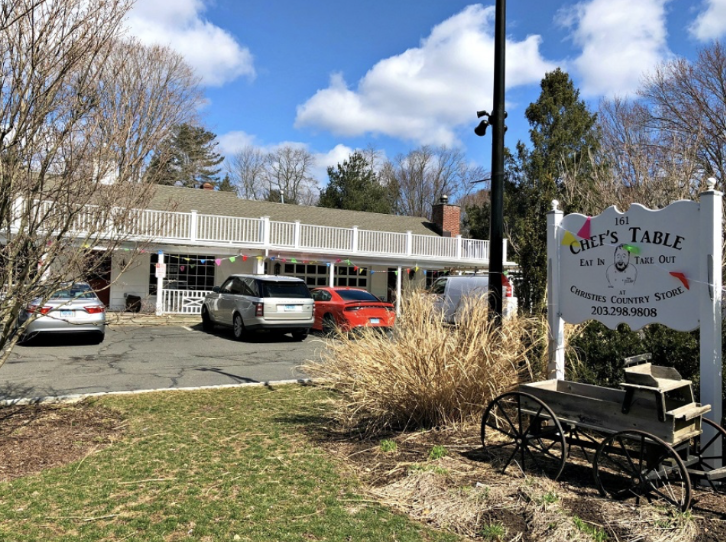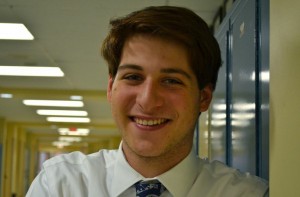One month ago, on Fri., Dec. 14, crisis befell Newtown, Conn. in the form of what’s now only euphemistically known as the tragedy, the disaster—the shooting.
That afternoon, Bedford Middle School held a crisis team meeting and relayed information to teachers on how to handle Monday morning. That same afternoon, Fairfield Warde High School scheduled homeroom periods for Monday to discuss the events. That afternoon, Manchester High School staff planned to meet on Monday morning to review emergency procedures.
That afternoon at Staples, Principal John Dodig made a statement just before the end of school that Monday morning second period would bring a moment of silence and a statement. Administrators met with guidance, and guidance met among themselves, but that was it for the weekend. Teachers received no information or guidance on how to conduct classes on Monday. And the teachers themselves had what many described as a difficult weekend, struggling to process the losses of students’ and teachers’ lives.
“I thought first about the students. I wanted to allay their fears,” Dodig said. “What I didn’t anticipate was the amount of teachers here who had connections to Newtown. They were the ones who needed support.”
On Monday, Dec. 17, after school ended, parents received a letter from Superintendent Elliott Landon. According to the letter, “all of our staff members convened in their individual schools to discuss with our crisis teams the approach to govern the day’s activities with students.”
Teachers at Staples reiterated they received no communication from Friday afternoon through Monday morning, regarding how to handle the aftermath of the crisis. Inklings repeatedly and unsuccessfully attempted to reach Landon for comment.
The administration’s silence elicited mixed reactions from staff members.
“Although I very much value communication, I felt that I had enough to go on,” said math teacher William Walsh.
“I was hoping that something would have been done to assuage our fears and to validate our feelings, but we didn’t receive anything,” an anonymous teacher said.
In the course of reporting this article, Inklings spoke to dozens of teachers, students, administrators, and other members of the Staples and Westport community. Some faculty were worried about their job security and asked that they not be named. Some refused to talk at all. The Inklings investigation was prompted by an anonymous tip from a staff member, who included print-outs of other Connecticut schools’ responses, advising, “Inklings might be interested in this.”
The weekend after the shooting, the lack of communication at Staples, teachers said, stood in stark contrast to measures taken at other school even inside the district. For instance, at Bedford Middle School, the crisis team met on Friday afternoon, and the principal sent out a letter to all teachers describing how to handle Monday’s classes, says health teacher and crisis team member Joanne Rogers.
“We felt confident going in Monday morning because of the communication,” Rogers said.
Fairfield Warde High School, too, took immediate precautions, as the school called a crisis team meeting. At Manchester High School, staff met the following Monday morning to review security procedures. Teachers and crisis staff were “prepared to provide support to students and any adults who were shaken by the tragedy,” according to an email sent out by Principal Matt Geary.
Rob Rogers, social studies teacher and parent of Fairfield students, received detailed emails over the weekend, outlining Monday’s procedure for each grade level — in Fairfield.
“I was waiting for what to do, and we got here, and we got nothing and we got nothing and we got nothing,” Rogers said.
According to Rogers, the only communication teachers received was an early morning announcement that prefaced Dodig’s remarks to be made during period two on Dec. 17.
“There was more information given to parents than I think was given to us,” Rogers said. “We would have benefited even from a 10 minute meeting before school starts to say this is where we’re at, this is what we want to do as a school. We didn’t get that.”
Over the weekend, teachers said, some sought suggestions for how to handle Monday morning.
“Some teachers were angry; some were uncertain,” said an anonymous Staples teacher. “The teacher community started to post different resources that were available in the media for people to deal with tragedy such as these on Facebook.”
Megan Scheck, an English teacher, also communicated with other teachers over the weekend. “The most common question was, ‘What are you going to do in Monday’s classes?’” Scheck said.
Some felt that more structure was necessary. One anonymous teacher suggested a script or a staff meeting before school; the teacher added, “the school administration made a mistake.” And some students picked up on this general distress.
“In two of my classes, we talked about [the shooting] a lot,” Brielle Hutchison ’14 said. “But one of my teachers literally just asked, ‘So how about that shooting, huh?’ which I think completely trivialized it.”
Following Dodig’s remarks during Communication Time, some classes were silent on Newtown. Elizabeth Coogan ’14 noted that, when no student explicitly brought up any comments, the teacher immediately returned to a lesson plan.
“It was obvious that people wanted to talk about it, but we just did math,” Coogan said.
Nonetheless, some teachers, even some of Coogan’s, made a different choice
“One of my teachers e-mailed us over the weekend about the whole thing,” Coogan said. “When we got back to class on Monday, we talked about the shooting for the better part of a period.”
Brandon Rakowski ’16, for one, appreciated classes that included some dialogue and some regular work.
“It was really interesting to see a side of teachers you don’t usually get to see in class,” Rakowski said. “You felt comfortable to talk with them. You could see other people heal.”
One anonymous teacher generated a conversation in class but felt that the discussion would have benefitted from more direction via the administration.
“If there were better ways of handling [discussion] I would have liked to have known and been reassured that the way I was handling it was the way to handle it for adolescents dealing with major tragedy,” the teacher said. “There was no leadership on that.”
And, according to psychologist Tom Viviano, there were, in fact, potentially better ways to handle discussion.
“If I was a teacher that Monday, maybe I would have done some general check-in, see how everybody was doing. Then again, I don’t know if there’s any one way to approach it,” Viviano said.
Not all teachers were looking for a better way to handle their classes. Like math teacher Walsh, social studies teacher Carol Avery wasn’t looking for guidance.
“I wasn’t necessarily looking for how to handle it,” Avery said. “Having taught through 9/11, I have enough experience to know how to handle a crisis.”
Other teachers held their ground, asserting that a lack of communication was perhaps irresponsible.
“We live in a world of hyper-communication in which events like these will be embraced instantaneously throughout the planet,” an anonymous teacher said. “Some troglodyte may say this response was OK, but business as usual is the wrong worldview.”
In response to teachers’ feelings of confusion and anger, Dodig says he would have done certain things differently a second time around.
“Next time, I would send an email out to staff and hold a faculty meeting at 6:30 in the morning,” Dodig said, emphasizing that these measures would have been taken if the Dec. 14 event had actually taken place in Westport.
Vice Principal Karyn Morgan said that administrators themselves were in their own emotional turmoil over the weekend following the shooting. “There was never an intention to ignore teachers’ feelings or questions,” Morgan said. “Maybe we fell down in that area. But it was not on purpose; it was out of shock.”
Morgan called teachers in the departments she supervises to check in personally over the weekend. And on their own, guidance counselors and psychologists decided to head to classrooms and public areas like the library and cafeteria to be available to students and teachers; they also counseled some of Staples’ distraught teachers after school Monday.
According to guidance counselor Ed Huydic, the department debriefed with each other, deciding that visibility would become a priority among the counselors.
Counselor P J Washenko agreed with Huydic. However, he also said that the schoolwide response could use some adjustment, emphasizing the importance of laying out a regimented procedure for emergencies.
“Fire drills are fire drills,” Washenko said. “It’s good to have a step-by-step.”
And, according to Assistant Principal Richard Franzis, that step-by-step is on its way, in regards to physical safety.
“How many kids have died from school fires in this country over the last 50 years? Zero. Not one,” Franzis said. “It’s time to turn to other types of crises.”
Franzis says three times each year, emergency drills will take the place of monthly fire drills. These drills will now involve Westport police to assess the efficacy of the drills.
A lockdown drill involving police took place on Thursday, Jan. 10. Following the drill, Dodig announced that he would talk to staff the following Monday to assess the drill.
In addition to the in-school preparations, Franzis says a $50,000 security audit was approved by the RTM. An outside consultant will assess Westport schools’ security and make suggestions.
“Police are the experts on this kind of stuff,” Franzis said. “We’re still in the education business.”
Tightening security measures serves, for some, to alleviate the feelings of shock and fear that linger following the incident. Even Thursday, after the lock-down, many students had questions.
“My freshmen want to be told explicitly what to do in the case of an emergency in a more formalized way,” the anonymous teacher said. “Their feelings of being insecure in a new school are magnified by Newtown.”
But the event also left a lasting effect on teachers, who were left to deal with the after elements of the crisis.
“When I became a teacher, the most dangerous jobs belonged to soldiers, firemen, police officers,” Dodig said. “Now teachers and administrators have to be added to that list.”
Additional Reporting by Jordan Shenhar ’13












































